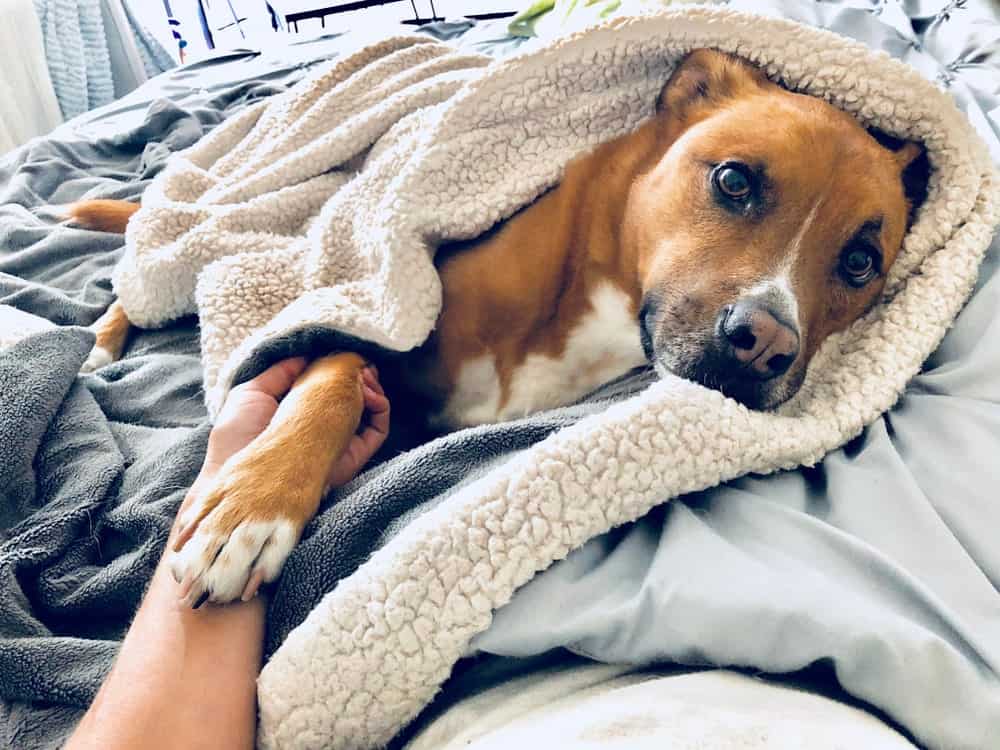Best Friends During the Worst Times: Fostering a Shelter Pet During the Coronavirus Crisis
For thousands of years, our companion animals have been our best friends in good times and bad. Now, as we face one of the worst pandemics in modern history, accompanied by the fear and loneliness that come hand in hand with the isolation of mandatory quarantining, we have a chance to make a difference in the lives of millions of animals – and our own – by fostering a shelter animal.

“Shelters are swamped in the best of times, and with more and more staff in every sector of American life self-quarantining and falling ill, animals already abandoned and without homes are going to be increasingly vulnerable,” says American Humane President and CEO Dr. Robin Ganzert.
“At the same time, so many of us, especially the elderly, are coping with the loneliness, stress and anxiety that comes with isolation and the sheltering in place so necessary during a pandemic. Why be home alone when you can snuggle up with a loving new buddy? You might save a life, improve your own during these trying times, and end up with a new best friend.”
Each year, some 4 to 6 million beautiful animals end up in U.S. shelters and more than one and a half million are euthanized. As shelter workers are affected by the virus and false rumors spread about the transmissibility of COVID-19 from animals to people (there is no evidence of this), shelter animals will need help more than ever.
The rewards of fostering a pet can be great for both people and animals. Animals facing uncertain futures can find the love, care and attention every living creature needs. And engaging with animals has been shown to be a remedy for stress. When people are in high-pressure situations, the hormone cortisol spikes in the body, making it a useful tool for measuring stress. Interaction with animals is proven to lower both cortisol levels and blood pressure, according to the National Institutes of Health. In other words, science backs up what many people know intuitively – they feel better after petting a dog or cat.
Amber Batteiger is a case in point. An American Humane Rescue worker who deploys year-round to save animals from natural disasters and cruelty cases, she is now enjoying the company of her new foster dog and “pandemic pal,” Tux, a two-year-old American Bulldog mix she fostered for a rescue group out of Coral Springs, Florida called “Bullies-N-Beyond.” She finds his company a welcome distraction from the news and he is enjoying all the extra attention, treats and playing with his three foster siblings that living with Amber gives him.
“If you have the time, the desire and the physical and financial ability to foster an animal from a local shelter or rescue for at least the next several weeks, it will be a much-needed and welcome way to help,” says Dr. Ganzert. “Please think about it and spread the word. You will be helping yourself and an animal in need…and best of all, only their unconditional love is contagious.”
About American Humane
American Humane is the country’s first national humane organization. Founded in 1877, American Humane saves, shelters, feeds, and protects some one billion animals around the world each year. For more information, please visit www.americanhumane.org.




